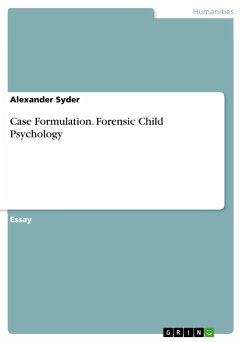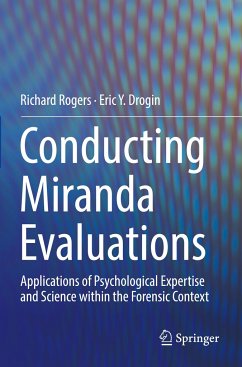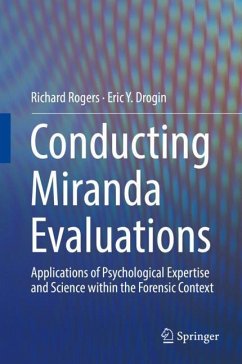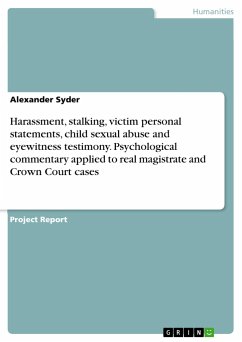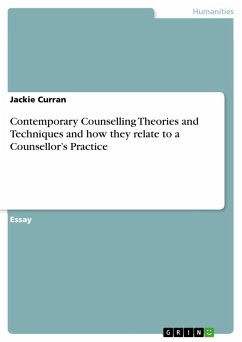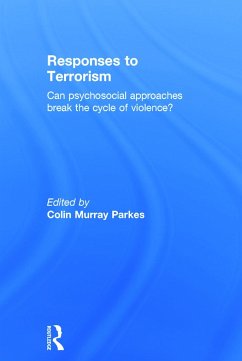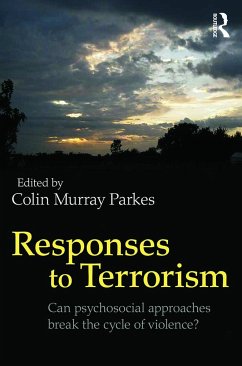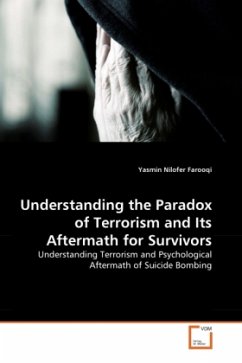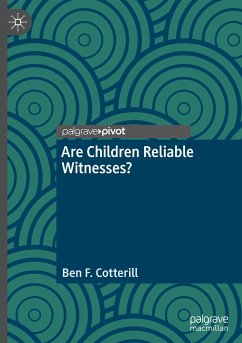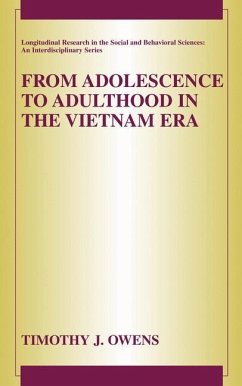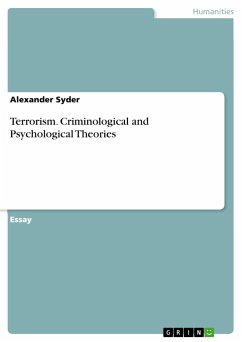
Terrorism. Criminological and Psychological Theories

PAYBACK Punkte
0 °P sammeln!
Essay from the year 2017 in the subject Psychology - Forensic Psychology, Penal System, grade: Distinction, University of Lincoln (University of Lincoln), course: MSc Forensic Psychology, language: English, abstract: The present essay provides an overview over the current literature - from the viewpoint of both criminological and psychological theory - on the essence of, and motivation for, terrorism and terrorist acts.The field of terrorism has been explored widely across the social sciences, including by political and psychological theory, in regard to its varied nature, motivation and appli...
Essay from the year 2017 in the subject Psychology - Forensic Psychology, Penal System, grade: Distinction, University of Lincoln (University of Lincoln), course: MSc Forensic Psychology, language: English, abstract: The present essay provides an overview over the current literature - from the viewpoint of both criminological and psychological theory - on the essence of, and motivation for, terrorism and terrorist acts.The field of terrorism has been explored widely across the social sciences, including by political and psychological theory, in regard to its varied nature, motivation and application. There are a large number of identified definitions of what would constitute 'terrorism' under national and international law. Currently, Dry Run terrorism; Cyber terrorism; Individual terrorism; Lone Wolf terrorism; Bioterrorism; Radicalised terrorism; and Eco-Home grown terrorism have been identified. Due to these various formats of what would constitute 'terrorism' and a 'terroristact', over a hundred definitions of 'terrorism' have been identified in the existing academic literature.However, the international community has been unable to agree upon a universal definition. The term of 'terrorism', however, is rooted in the political discourse of the French, more specifically the French Revolution where the use of the term a 'reign of terror' came into being. The French word terrorisme derives from the Latin verb terre meaning 'I frighten'. The defeat of the Jacobins transformed the word into a powerful new governmental form of criminality. Despite its origins in governmental atrocities towards citizens, it now applies to individual citizen acts as well as organizations and national state governments.




